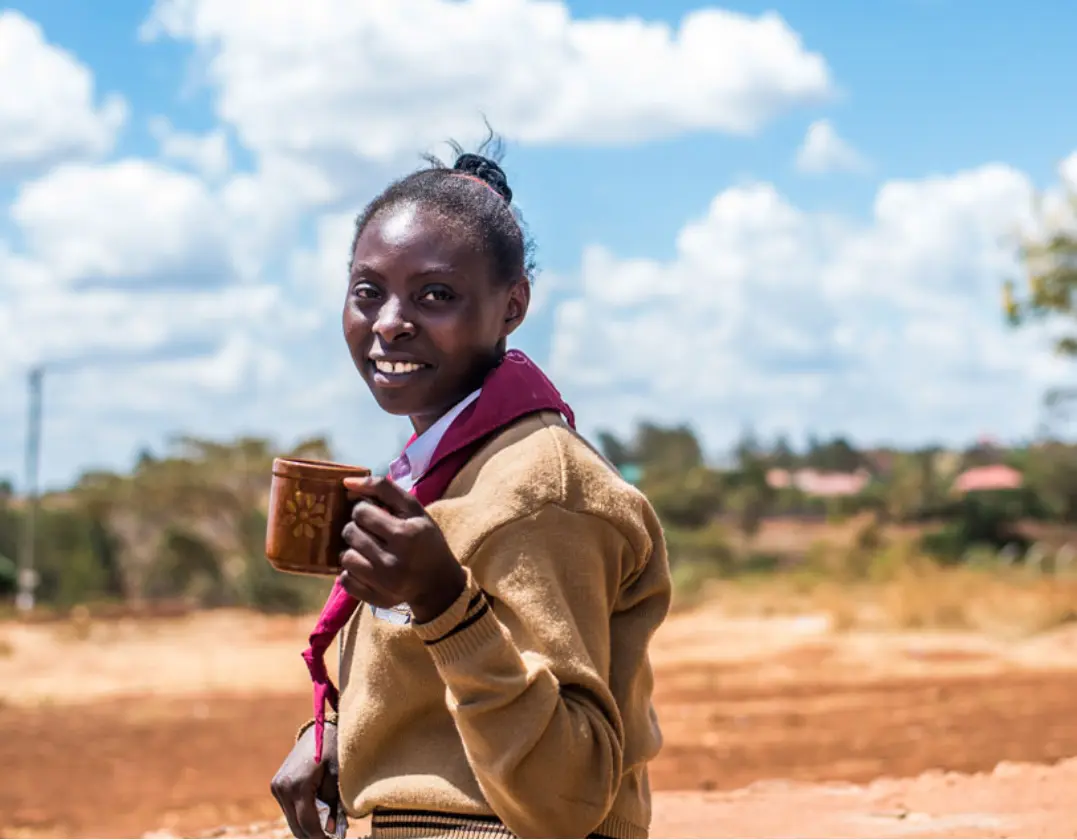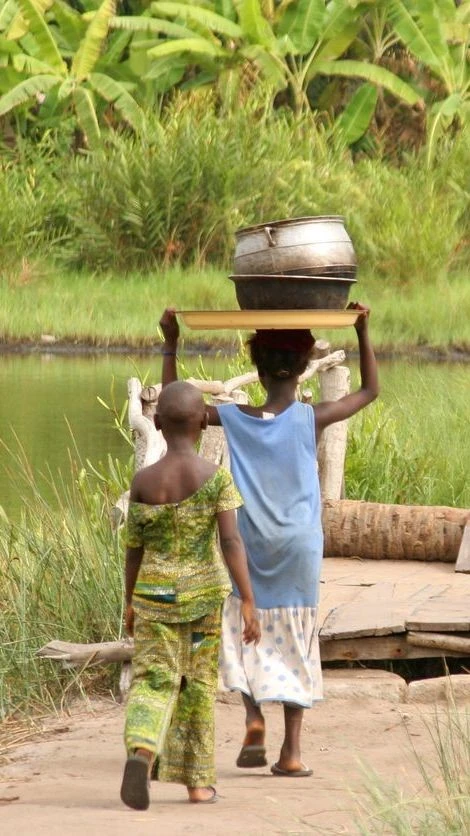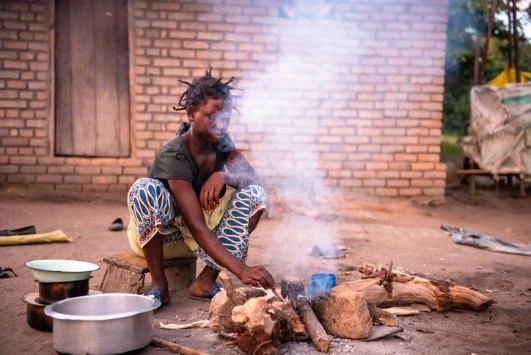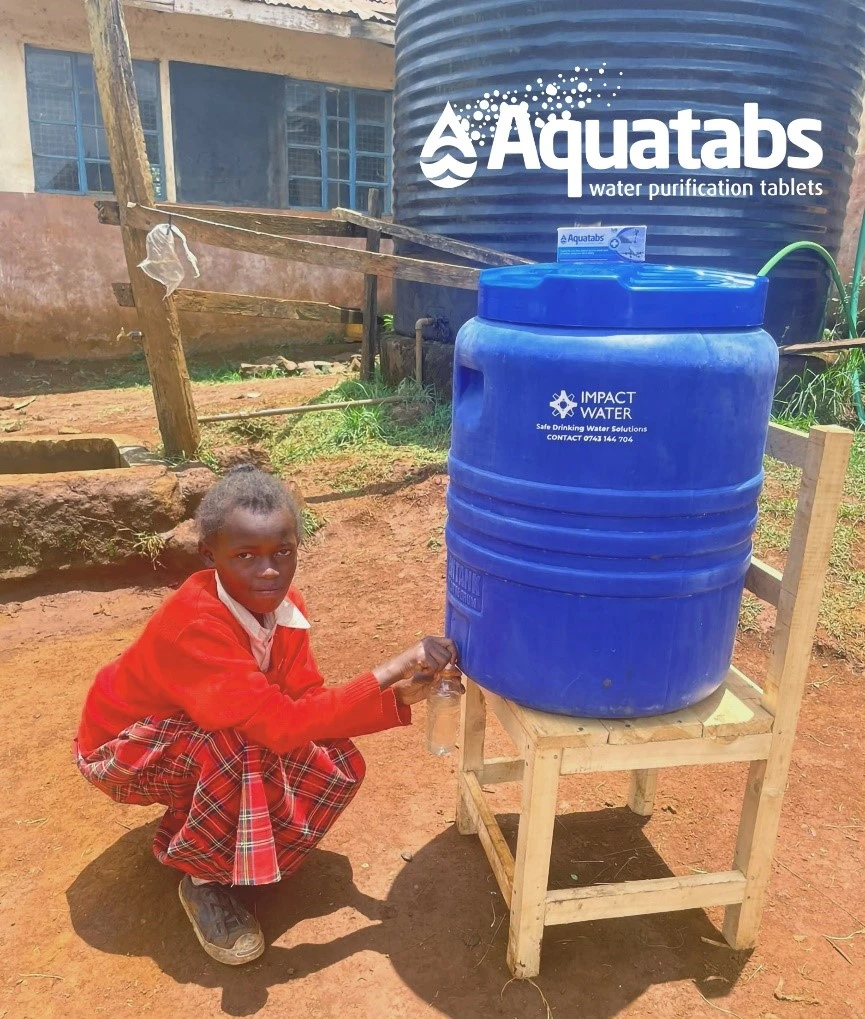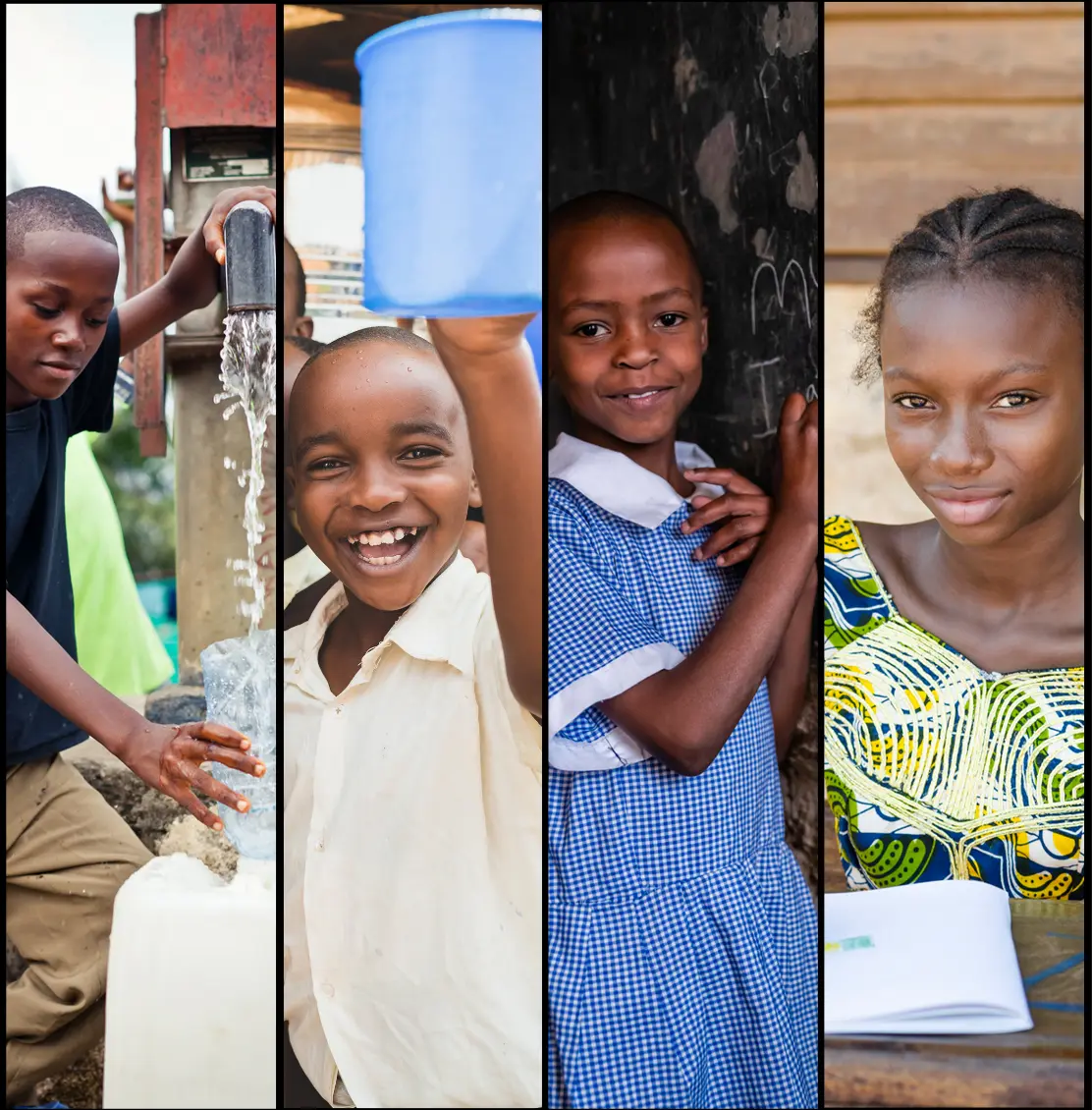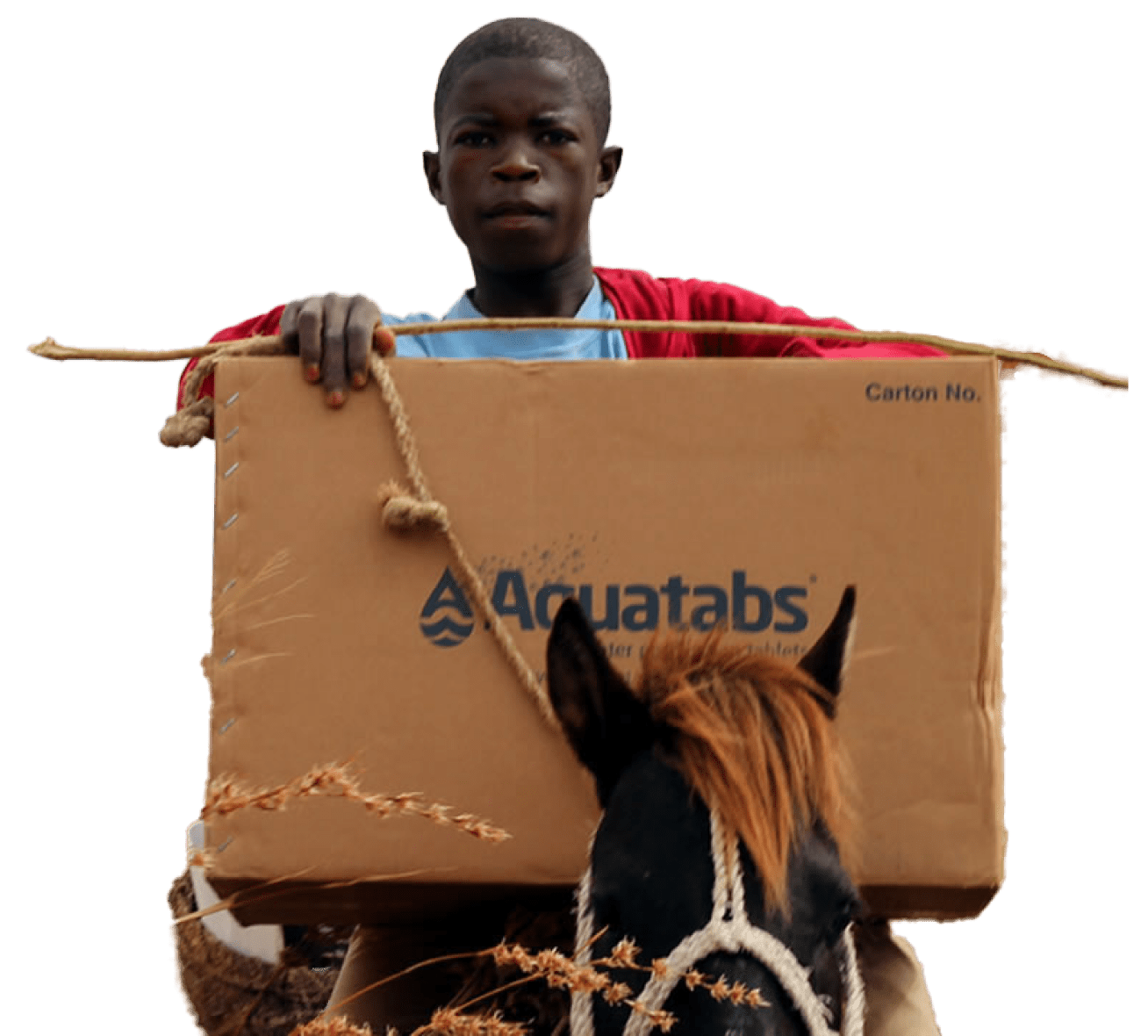While celebrating International Women’s Month, we continue our #AquaBlog focus on an essential aspect of empowerment: Education.
Education is a fundamental right, yet countless girls face barriers that limit their learning opportunities. These challenges are not just about access but also about the time available for Education amidst responsibilities at home and societal expectations.
It’s time to rethink how to support and uplift young women’s educational journeys. We can unlock a world of potential and opportunity by recognising and easing their time constraints.
Let’s commit to making Education more accessible and equitable for girls everywhere. It’s not just about opening doors to classrooms but ensuring every girl has the time and space to learn, grow, and dream.
#InternationalWomensMonth #EducationForAll
The link between academic success and the availability of essential resources like drinking water is critical, especially in parts of the world where accessing these necessities remains a daily challenge. In least-developed countries, the scarcity of accessible drinking water dramatically impacts students’ ability to dedicate time to their studies. The situation is particularly disruptive for girls, who may have to walk up to 20km daily to find a borehole or other water source. Besides the long walk, we categorically know that consuming unsafe water leads to health problems that can keep children out of school, hindering their learning progress. It also significantly limits the time and energy they can devote to academic pursuits, setting up barriers to education and future opportunities for empowerment and improving their life circumstances.
Daily Walk For Water
Factors Contributing to Limited Study Time
The impact of the “Walk for Water” on girls’ education is multifaceted. Firstly, the time spent fetching water translates to less time available for attending school, completing homework, and engaging in educational activities. The exhaustion from daily treks can affect concentration and energy levels, hindering the ability to learn and participate actively in school.
Secondly, the situation also exacerbates gender disparities in education. While boys may also be affected, girls are often disproportionately tasked with water collection, reflecting broader societal norms and gender roles that prioritise boys’ education over girls’. In addition, the physical demand of carrying 20L jerry cans long distances, compounded by the dangers associated with girls fetching water, cannot be overlooked. Schoolchildren, especially girls, may face various risks during their journeys, including the threat of injury, encounters with wildlife, and the potential for gender-based violence. Such adversities further emphasise the urgency of addressing the water crisis.
Household Responsibilities
Thirdly, the familial structure and economic circumstances often necessitate older children to take on significant household responsibilities. Caregiving for younger siblings, older adults, or unwell family members, as well as managing a variety of household chores related to water collection, such as cooking and cleaning, can take up hours of their time. The repercussions of these responsibilities on their education are profound. Older children, who are expected to balance these demands, have significantly reduced study time. This affects their ability to complete homework and prepare for exams and their attendance and engagement in school activities. Constantly juggling educational commitments and household duties can increase stress and fatigue, affecting their academic performance and motivation to continue schooling.
The expectation for girls to prioritise household duties over schooling reinforces traditional gender roles and limits their opportunities for personal and academic development. This cycle of inequality not only hinders the educational prospects of these young individuals but also impacts their future employment opportunities and ability to break free from the cycle of poverty.
Aquatabs water purification tablets at work in Kenyan schools
“For every $1 invested in water and sanitation, there is an economic return of up to $34!”
Can Schools Adapt and Support?
As water solutions and infrastructure improvements are planned and implemented, would adopting flexible school scheduling promote steadier attendance rates for girls? Could establishing a support system with mentorship and homework study groups within schools help address students’ emotional and educational needs in dealing with homework challenges?
Government and Local Authority Interventions
Implementing comprehensive water and sanitation initiatives can drastically reduce children’s time fetching water, increasing their study time. Integrating sustainable solutions like the Aquatabs InLine water system into the heart of communities negates the need for women and children to walk for water. It can make considerable strides in accessing education for all schoolchildren.
Clean water for all means children stay in school.
From the onset of infrastructure development, particularly in the construction of new schools, integrating provision for water and sanitation is a strategic approach that promises far-reaching benefits. This proactive integration ensures that schools are equipped with necessary water facilities, eliminating the need for students to undertake long journeys to access water. As a result, students can focus more on their studies and participate fully in school activities, fostering an environment conducive to learning and personal development. By addressing this issue, governments and local authorities can make significant strides toward gender equality in education, ensuring that girls have equal opportunities to pursue their studies.
Achieving Outcomes
To achieve these outcomes, collaboration between governments, local authorities, and communities, with the help of international organisations, is essential. This collective effort can facilitate sharing resources, expertise, and best practices in water management, ensuring that interventions are sustainable and tailored to each community’s specific needs.
The challenges posed by the lack of clean drinking water on education in developing countries are not insurmountable. Strategic community, educational, and governmental interventions can mitigate these barriers and create a more conducive learning environment for all students. Addressing the root causes of limited study time through improved access to safe water and sanitation, alongside educational reforms that understand and adapt to the realities of students’ lives, can pave the way for a brighter, more equitable future for every schoolchild.
Educating all of our children must be one of our most urgent priorities. We all know that education, more than anything else, improves our chances of building better lives.
Nelson Mandela

